80 posts
Latest Posts by randomthoughts2658 - Page 2
Things That May Be Causing Your Writer's Block- and How to Beat Them
I don't like the term 'Writer's Block' - not because it isn't real, but because the term is so vague that it's useless. Hundreds of issues all get lumped together under this one umbrella, making writer's block seem like this all-powerful boogeyman that's impossible to beat. Worse yet, it leaves people giving and receiving advice that is completely ineffective because people often don't realize they're talking about entirely different issues.
In my experience, the key to beating writer's block is figuring out what the block even is, so I put together a list of Actual Reasons why you may be struggling to write:
(note that any case of writer's block is usually a mix of two or more)
Perfectionism (most common)
What it looks like:
You write one sentence and spend the next hour googling "synonyms for ___"
Write. Erase. Write. Rewrite. Erase.
Should I even start writing this scene when I haven't figured out this one specific detail yet?
I hate everything I write
Cringing while writing
My first draft must be perfect, or else I'm a terrible writer
Things that can help:
Give yourself permission to suck
Keep in mind that nothing you write is going to be perfect, especially your first draft
Think of writing your first/early drafts not as writing, but sketching out a loose foundation to build upon later
People write multiple drafts for a reason: write now, edit later
Stop googling synonyms and save that for editing
Write with a pen to reduce temptation to erase
Embrace leaving blank spaces in your writing when you can't think of the right word, name, or detail
It's okay if your writing sucks. We all suck at some point. Embrace the growth mindset, and focus on getting words on a page
Lack of inspiration (easiest to fix)
What it looks like:
Head empty, no ideas
What do I even write about???
I don't have a plot, I just have an image
Want to write but no story to write
Things that can help:
Google writing prompts
If writing prompts aren't your thing, instead try thinking about what kind of tropes/genres/story elements you would like to try out
Instead of thinking about the story you would like to write, think about the story you would like to read, and write that
It's okay if you don't have a fully fleshed out story idea. Even if it's just an image or a line of dialogue, it's okay to write that. A story may or may not come out of it, but at least you got the creative juices flowing
Stop writing. Step away from your desk and let yourself naturally get inspired. Go for a walk, read a book, travel, play video games, research history, etc. Don't force ideas, but do open up your mind to them
If you're like me, world-building may come more naturally than plotting. Design the world first and let the story come later
Boredom/Understimulation (lost the flow)
What it looks like:
I know I should be writing but uugggghhhh I just can'tttttt
Writing words feels like pulling teeth
I started writing, but then I got bored/distracted
I enjoy the idea of writing, but the actual process makes me want to throw my laptop out the window
Things that can help:
Introduce stimulation: snacks, beverages, gum, music such as lo-fi, blankets, decorate your writing space, get a clickity-clackity keyboard, etc.
Add variety: write in a new location, try a new idea/different story for a day or so, switch up how you write (pen and paper vs. computer) or try voice recording or text-to-speech
Gamify writing: create an arbitrary challenge, such as trying to see how many words you can write in a set time and try to beat your high score
Find a writing buddy or join a writer's group
Give yourself a reward for every writing milestone, even if it's just writing a paragraph
Ask yourself whether this project you're working on is something you really want to be doing, and be honest with your answer
Intimidation/Procrastination (often related to perfectionism, but not always)
What it looks like:
I was feeling really motivated to write, but then I opened my laptop
I don't even know where to start
I love writing, but I can never seem to get started
I'll write tomorrow. I mean next week. Next month? Next month, I swear (doesn't write next month)
Can't find the time or energy
Unreasonable expectations (I should be able to write 10,000 words a day, right????)
Feeling discouraged and wondering why I'm even trying
Things that can help:
Follow the 2 min rule (or the 1 paragraph rule, which works better for me): whenever you sit down to write, tell yourself that you are only going to write for 2 minutes. If you feel like continuing once the 2 mins are up, go for it! Otherwise, stop. Force yourself to start but DO NOT force yourself to continue unless you feel like it. The more often you do this, the easier it will be to get started
Make getting started as easy as possible (i.e. minimize barriers: if getting up to get a notebook is stopping you from getting started, then write in the notes app of your phone)
Commit to a routine that will work for you. Baby steps are important here. Go with something that feels reasonable: every day, every other day, once a week, twice a week, and use cues to help you remember to start. If you chose a set time to write, just make sure that it's a time that feels natural to you- i.e. don't force yourself to writing at 9am every morning if you're not a morning person
Find a friend or a writing buddy you can trust and talk it out or share a piece of work you're proud of. Sometimes we just get a bit bogged down by criticism- either internal or external- and need a few words of encouragement
The Problem's Not You, It's Your Story (or Outline (or Process))
What it looks like:
I have no problems writing other scenes, it's just this scene
I started writing, but now I have no idea where I'm going
I don't think I'm doing this right
What's an outline?
Drowning in documents
This. Doesn't. Make. Sense. How do I get from this plot point to this one?!?!?! (this ColeyDoesThings quote lives in my head rent free cause BOY have I been there)
Things That Can Help:
Go back to the drawing board. Really try to get at the root of why a scene or story isn't working
A part of growing as a writer is learning when to kill your darlings. Sometimes you're trying to force an idea or scene that just doesn't work and you need to let it go
If you don't have an outline, write one
If you have an outline and it isn't working, rewrite it, or look up different ways to structure it
You may be trying to write as a pantser when you're really a plotter or vice versa. Experiment with different writing processes and see what feels most natural
Study story structures, starting with the three act structure. Even if you don't use them, you should know them
Check out Ellen Brock on YouTube. She's a professional novel editor who has a lot of advice on writing strategies for different types of writers
Also check out Savage Books on YouTube (another professional story editor) for advice on story structure and dialogue. Seriously, I cannot recommend this guy enough
Executive Dysfunction, Usually From ADHD/Autism
What it looks like:
Everything in boredom/understimulation
Everything in intimidation/procrastination
You have been diagnosed with and/or have symptoms of ADHD/Autism
Things that can help:
If you haven't already, seek a diagnosis or professional treatment
Hire an ADHD coach or other specialist that can help you work with your brain (I use Shimmer; feel free to DM me for a referral)
Seek out neurodiverse and neurodiverse writing communities for advice and support
Try body doubling! There's lot's of free online body doubling websites out there for you to try. If social anxiety is a barrier, start out with writing streams such as katecavanaughwrites on Twitch
Be aware of any sensory barriers that may be getting in the way of you writing (such as an uncomfortable desk chair, harsh lighting, bad sounds)
And Lastly, Burnout, Depression, or Other Mental Illness
What it looks like:
You have symptoms of burnout or depression
Struggling with all things, not just writing
It's more than a lack of motivation- the spark is just dead
Things that can help:
Forget writing for now. Focus on healing first.
Seek professional help
If you feel like it, use writing as a way to explore your feelings. It can take the form of journaling, poetry, an abstract reflection of your thoughts, narrative essays, or exploring what you're feeling through your fictional characters. The last two helped me rediscover my love of writing after I thought years of depression had killed it for good. Just don't force yourself to do so, and stop if it takes you to a darker place instead of feeling cathartic

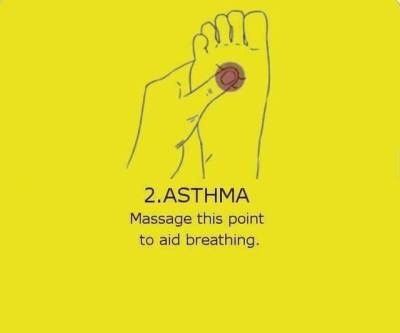
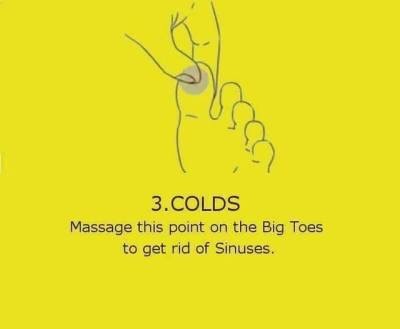



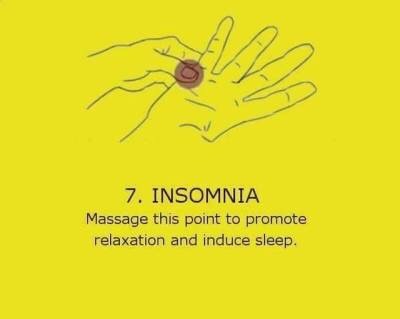



Press this point for several minutes see what happens to your body.
If you like kung fu, I will introduce a good pair of kung fu shoes Feiyue shoes Australia on http://www.icnbuys.com/feiyue-shoes-australia.

Click here for a sexy surprise! ;)

Click here for more content like this one.

A jokester, eh? I make you laugh? I’m here to amuse you?

This method is 100% effective

Found this sign on my commute thought it was funny
Best sites to kill time on
Been bored after school a lot nowadays so made a list of my most used sites. Am I missing any?
** DISCLAIMER I’m not responsible for late homework assignments, sleep deprivation, missed deadlines because of this list**
• Commaful - really addicting short stories and poetry
• The Oatmeal - funny web comics
• Find The Invisible Cow - watch the audio for this one….
• The Onion - fake news that’s actually hilarious
• Pornhub - not gonna link it. self explanatory.
• Useless Website Generator - literally does what its name says
• Best of Reddit - warning extremely addicting stuff here
• Funny Or Die - watching will ferrell as george bush never gets old
• Cyanide & Happiness - hilarious comics
• Rich Kids On Instagram - this makes me cry a little
• One Tiny Hand - they literally make hands tiny. it’s so great
And there it is……remember. With great power comes great responsibility
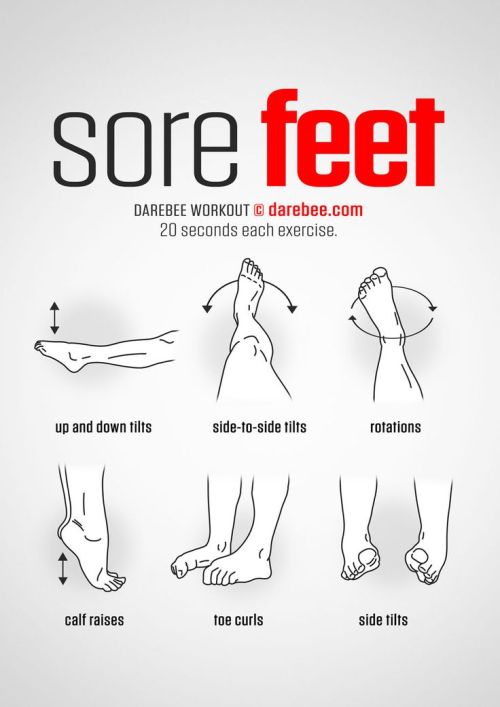

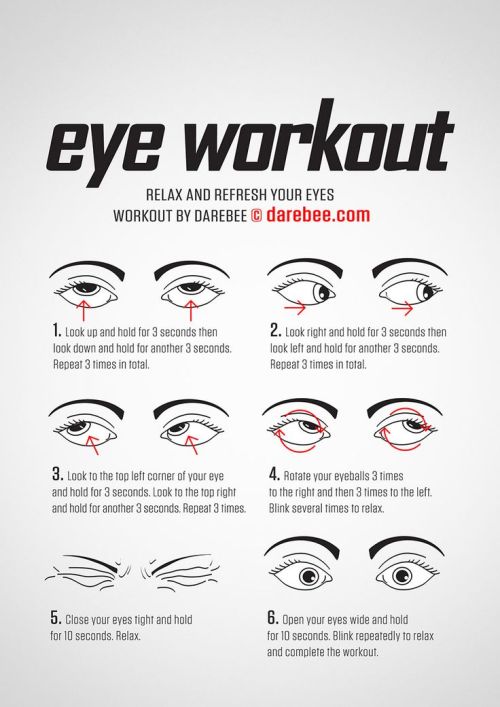
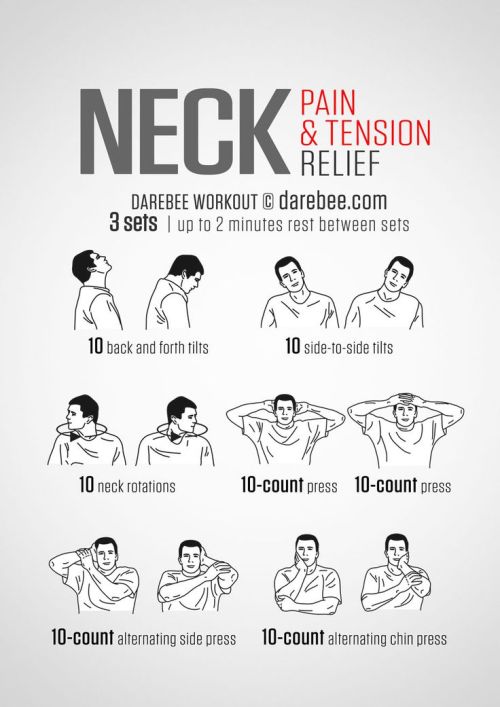


Workout For Daily Life

Albanian Lab shepherd and child. Upper Kurvelesh. End of XIX century.
Ch🤷♂️


" The Secrets of Planet Rotation and Tilt " //© astro.voyagers
Planet’s “rotation” refers to its spinning motion about its own axis. One full rotation around equals 1 full day on that particular planet. Each planet has its own rotation time speed and the length of a day on each planet is noted on screen. Jupiter has the quickest day which is ~ 9 hours and 55 minutes long. Venus has the longest day which is an astonishing 243 EARTH DAYS and 26 minutes long!! That’s DAYS and not HOURS!! In other words Venus rotates VERY slowly. KEY TO REMEMBER: 🔑 Jupiter spins very quickly. 🔑 Venus spins very slowly. TIMES TO REMEMBER: Approximate day length of each planet (from shortest to longest): Jupiter: 9 hours, 55 minutes. Saturn: 10 hours, 33 minutes. Neptune: 16 hours. Uranus: 17 hours, 14 minutes. Earth: 23 hours, 56 minutes. Mars: 24 hours, 36 minutes. Mercury: 58 EARTH days, 16 hours. Venus: 243 EARTH days, 26 minutes. Mercury has a scorching daytime temperature and a freezing nighttime chill due to its lack of atmosphere. Venus experiences extreme greenhouse effect, making it the hottest planet despite being the second from the Sun. Earth’s axial tilt gives us seasons, shaping the world’s climate and ecosystems. Mars’ tilt creates dramatic climate variations, including polar ice caps and dusty storms. Jupiter’s rapid rotation creates its iconic bands of clouds and the Great Red Spot, a giant storm. Saturn’s tilt gives us stunning views of its magnificent ring system. Uranus’ peculiar tilt may have been caused by a massive collision in its distant past.
Music: © James Mercy - Take You On

Best writing advice I’ve ever heard
Writer’s block is a social construct and doesn’t actually exist. If you feel blocked, it’s because you’re not writing what you truly want to be writing.
Don’t write to be good. Write to write. Get that story down onto the page even if it comes with terrible grammar and too many commas. That’s what editing is for.
If you feel bored with your writing, delete a page and start again from there. Throw something new at your characters.
“If a society puts half its children into short skirts and warns them not to move in ways that reveal their panties, while putting the other half into jeans and overalls and encouraging them to climb trees, play ball, and participate in other vigorous outdoor games; if later, during adolescence, the children who have been wearing trousers are urged to “eat like growing boys,” while the children in skirts are warned to watch their weight and not get fat; if the half in jeans runs around in sneakers or boots, while the half in skirts totters about on spike heels, then these two groups of people will be biologically as well as socially different. Their muscles will be different, as will their reflexes, posture, arms, legs and feet, hand-eye coordination, and so on. Similarly, people who spend eight hours a day in an office working at a typewriter or a visual display terminal will be biologically different from those who work on construction jobs. There is no way to sort the biological and social components that produce these differences. We cannot sort nature from nurture when we confront group differences in societies in which people from different races, classes, and sexes do not have equal access to resources and power, and therefore live in different environments. Sex-typed generalizations, such as that men are heavier, taller, or stronger than women, obscure the diversity among women and among men and the extensive overlaps between them… Most women and men fall within the same range of heights, weights, and strengths, three variables that depend a great deal on how we have grown up and live. We all know that first-generation Americans, on average, are taller than their immigrant parents and that men who do physical labor, on average, are stronger than male college professors. But we forget to look for the obvious reasons for differences when confronted with assertions like ‘Men are stronger than women.’ We should be asking: ‘Which men?’ and ‘What do they do?’ There may be biologically based average differences between women and men, but these are interwoven with a host of social differences from which we cannot disentangle them.”
— Ruth Hubbard, “The Political Nature of ‘Human Nature’“ (via gothhabiba)
Yes.

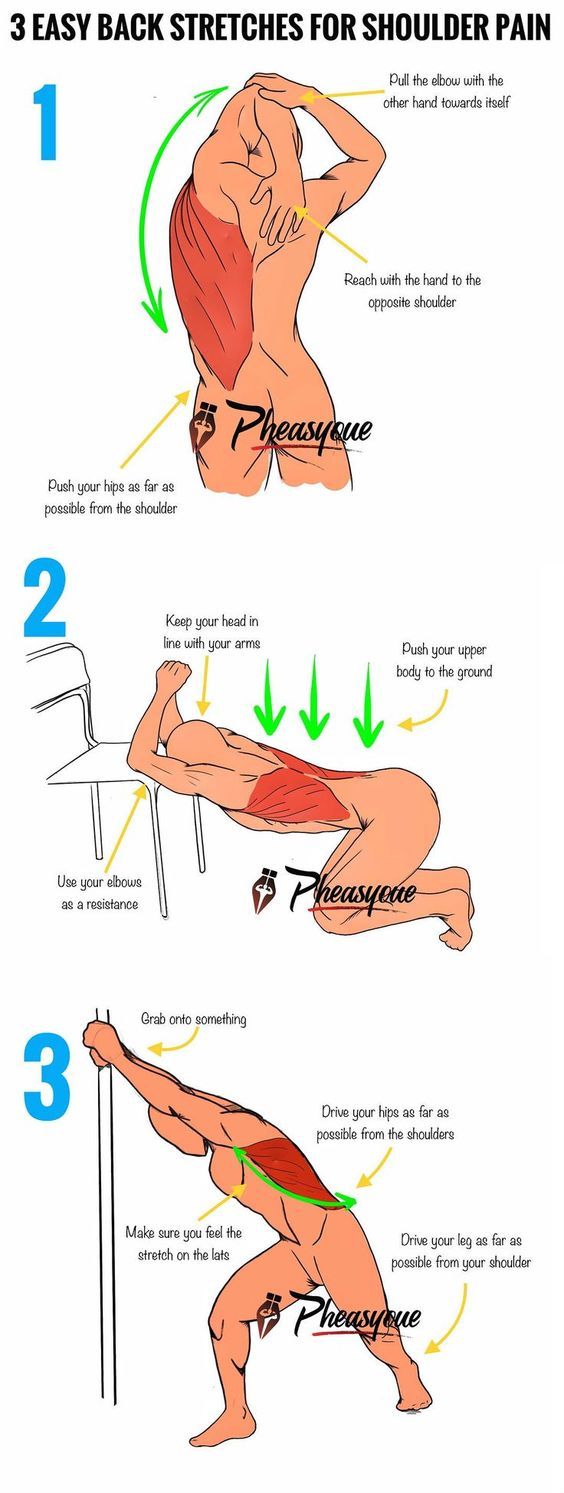

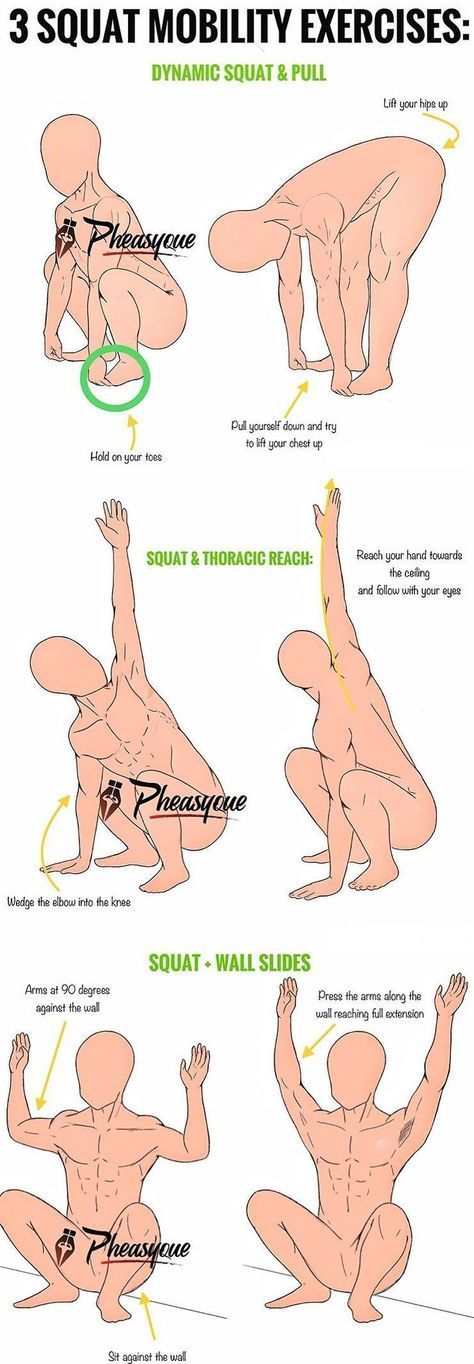

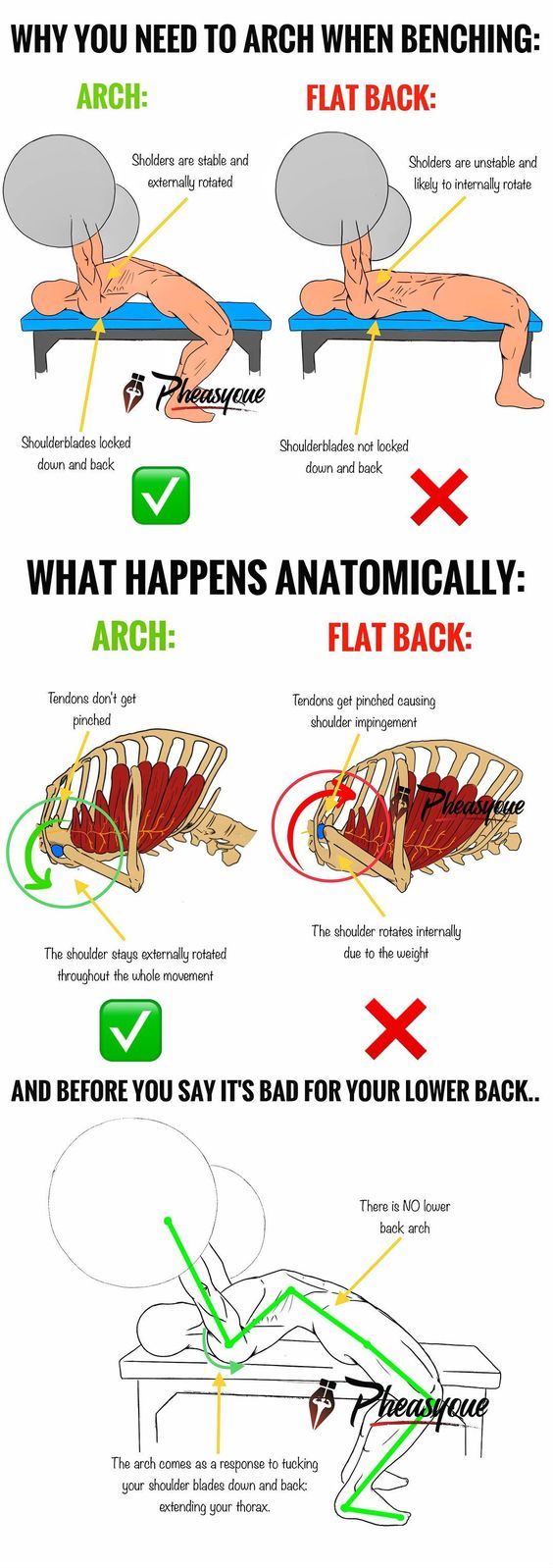

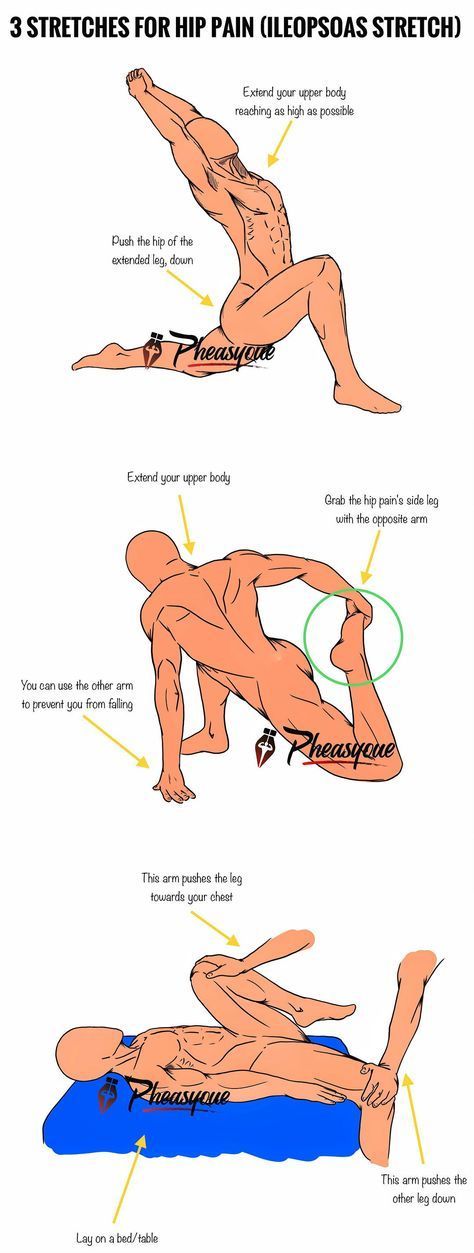

These exercises help you to save time, but still benefit from muscle mass. By performing combination exercises you are safely building mass in half the time of a normal workout. Combination exercises are also beneficial for increasing intensity and burning body fat through post-exercise oxygen consumption (EPOC).
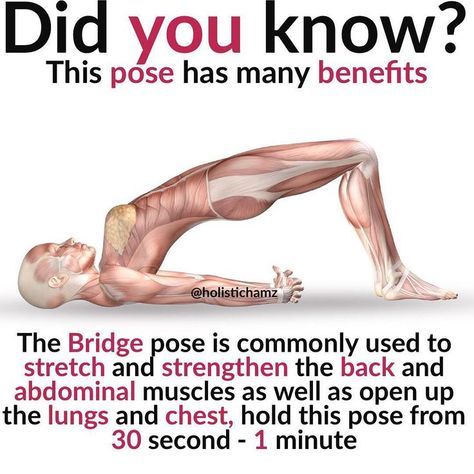


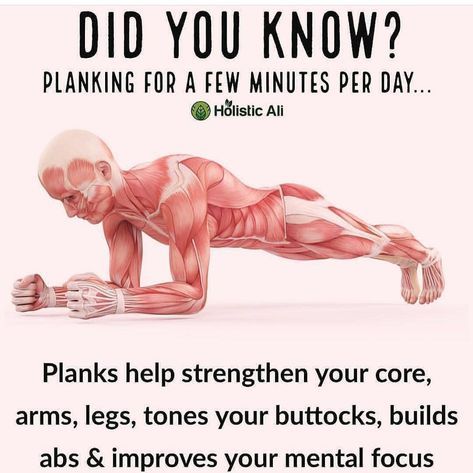
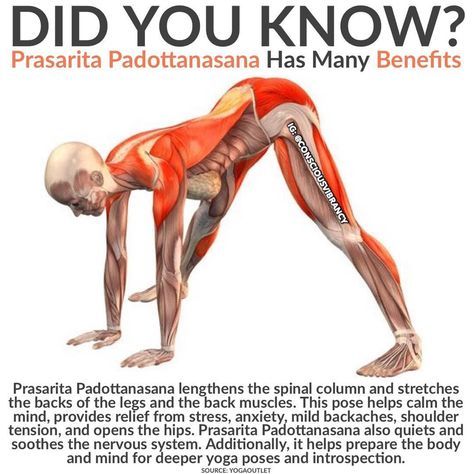
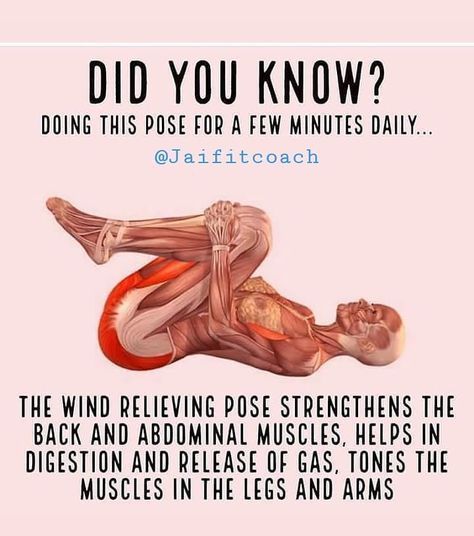
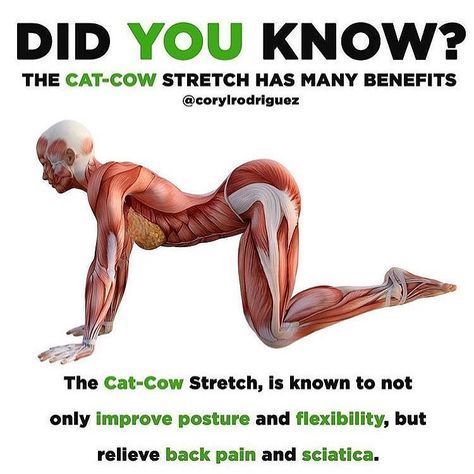
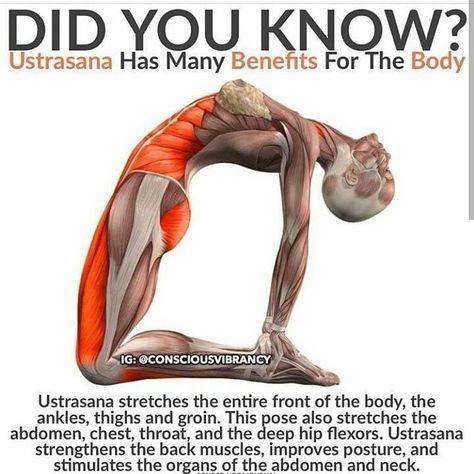
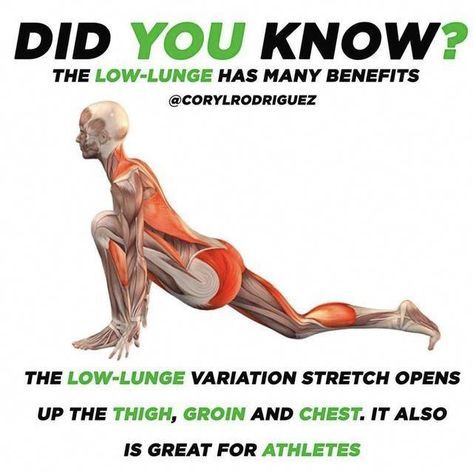

Did You Know?
"talk about" is a lot cuter than ask me
1: Talk about the first time you watched your favorite movie. 2: Talk about your first kiss. 3: Talk about the person you’ve had the most intense romantic feelings for. 4: Talk about the thing you regret most so far. 5: Talk about the best birthday you’ve had. 6: Talk about the worst birthday you’ve had. 7: Talk about your biggest insecurity. 8: Talk about the thing you are most proud of. 9: Talk about little things on your body that you like the most. 10: Talk about the biggest fight you’ve ever had. 11: Talk about the best dream you’ve ever had. 12: Talk about the worst dream you’ve ever had. 13: Talk about the first time you had sex/how you imagine your first time. 14: Talk about a vacation. 15: Talk about the time you were most content in life. 16: Talk about the best party you’ve ever been to. 17: Talk about someone you want to be friends with. 18: Talk about something that happened in elementary school. 19: Talk about something that happened in middle school. 20: Talk about something that happened in high school. 21: Talk about a time you had to turn someone down. 22: Talk about your worst fear. 23: Talk about a time someone turned you down. 24: Talk about something someone told you that meant a lot. 25: Talk about an ex-best friend. 26: Talk about things you do when you’re sick. 27: Talk about your favorite part of someone else’s body. 28: Talk about your fetishes. 29: Talk about what turns you on. 30: Talk about what turns you off. 31: Talk about what you think death is like. 32: Talk about a place you remember from your childhood. 33: Talk about what you do when you are sad. 34: Talk about the worst physical pain you’ve endured. 35: Talk about things you wish you could stop doing. 36: Talk about your guilty pleasures. 37: Talk about someone you thought you were in love with. 38: Talk about songs that remind you of certain people. 39: Talk about things you wish you’d known earlier. 40: Talk about the end of something in your life.

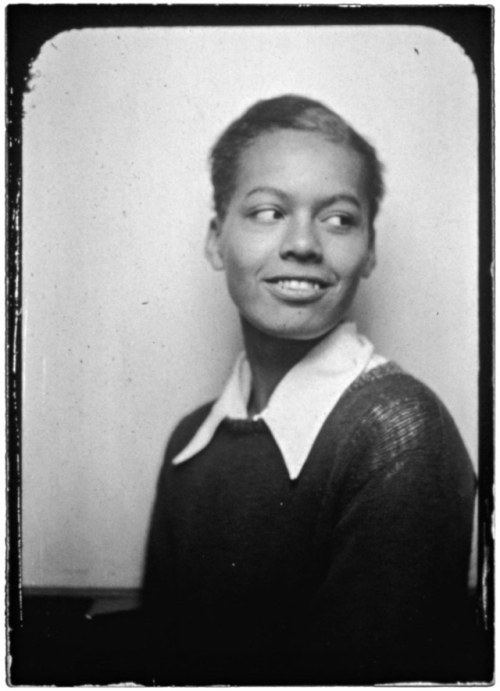
Pride 2021: Pauli Murray
Pauli Murray was born in Baltimore, Maryland, in 1910. He was assigned female at birth, and felt his gender was only understood by a few people, who, in his own words “accept me pretty much as one of nature’s experiments, a girl who should’ve been a boy, and react to me as if I were a boy”. After discovering the works of pioneering sexologists such as Magnus Hirschfeld and Havelock Ellis, Pauli began to consider taking testosterone. Unfortunately, the lack of understanding of trans people by the medical community meant that his efforts to access hormones failed.
Pauli graduated from college in 1933, one of four black students in a class of 232. After being rejected from further study at the University of North Carolina on account of his race, he became involved with the NAACP, and eventually returned to university to study law, graduating top of his class in 1944.
During his time at university Pauli pioneered a new strategy of fighting racial segregation through protesting its unconstitutionality, which would eventually be successfully used in the 1954 landmark civil rights case Brown v. Board of Education, which ruled the segregation of public schools unconstitutional.
Pauli passed the bar exam in California in 1945 and began working as a lawyer. He focused his work on fighting for civil rights and women’s rights, and wrote on intersectionality, pioneering the concept of “Jane Crow” to explain to dual oppression experienced by African-American people assigned female at birth. He also penned States’ Laws on Race and Color - a foot-thick book referred to as the Bible of civil rights legislators.
1973 Pauli’s partner Renee passed away from a brain tumour. Following this, Pauli, who had always been Episcopalian, began to study to join the priesthood - although people assigned female at birth could not be admitted at the time. He finished his coursework in 1976, and in 1977, when people assigned female at birth were allowed to become Episcopalian priests for the first time. Pauli was ordained, becoming the first black person assigned female at birth to do so.
Pauli passed away in 1985, aged 74. His groundbreaking legal theories and ideas about intersectionality remain as important today as they were over 50 years ago.
learn more with queer as fact: a queer history podcast
97 character motivations
Here’s our masterlist of 97 character motivations that you can use in your novel to spark an idea for a character arc!
Saving a family member from capture
Saving a sibling from disease
Saving a pet from danger
Saving the world from ruin
Saving a friend from heartbreak
Saving the town from financial ruin
Saving friends from dangerous deadly situations
Saving a love interest from dying
Saving themselves in a dangerous world
Saving a community from falling apart
Saving a child from a potentially dangerous circumstance
Saving a place or location from evil forces
Saving a ghost from limbo
Overcoming a phobia
Overcoming an addiction
Overcoming marital struggles
Moving on from loss
Finding a significant other
Finding a new family (not blood-related)
Finding true biological family
Finding out an old secret
Finding a way home
Reconnecting with long-lost friends
Getting out of a dark state of mind
Finding peace in life
Beating a disease
Beating an arch nemesis
Forming a peaceful community
Transforming a location
Bringing someone back to life
Winning a competition
Going on an adventure
Getting a dream job
Keeping a secret
Escaping a location of capture
Proving a moral point
Proving a political point
Winning a political campaign
Betray someone
Ruin someone’s life
Find a suspect or killer
Find the answer to a mystery
Discover ancient sites & secret histories
Perform a successful ritual
Summon the dead
Save a country from dictatorship
Become the most powerful in a community
Outshine a family member in business success
Prove someone wrong
Win prize money to help someone in need
Get revenge on someone who wronged them
Find the person who wronged them
Develop significant scientific progress
Gain respect from family
Get over an ex-lover
Move on from a painful death
Keep their community alive
Lead their community
Heal people in need
Preserve a species (animal, alien, plant…)
Discover new world
Get recognition for hard work
Become famous
Get rich to prove themselves to people who doubted them
Break a long tradition
Challenge the status quo of a community
Defeat a magical nemesis
Take over a location to rule
Find out truth behind old legends
Help someone get over their struggles
Prove their moral values
Prove their worth to an external party
Become a supernatural creature
Keep something from falling into the wrong hands
Protect the only person they care about
Start a revolution
Invent new technology
Invent a new weapon
Win a war
Fit in with a community
Atone for past sins
Give top-secret information to an enemy as revenge
Kill an ex-lovers current partner
Reinvent themselves
Raise a strong child
Make it to a location in a strict time period
Find faith
Find enlightenment
Find out more about the afterlife
Confess love to a friend
Solve a moral dilemma
Have a child of their own
Avoid being alone
Run away from past struggles
Reinvent themselves as a new person
Impress a colleague or boss
Avoid a fight or war breaking out
If you need a hand getting started on your novel, we have 3 coaches at The Plottery who can work with you intensively for 4 month to skill up your writing and help you finish your first draft.
Apply through the [link here] or below!

"talk about" is a lot cuter than ask me
1: Talk about the first time you watched your favorite movie. 2: Talk about your first kiss. 3: Talk about the person you’ve had the most intense romantic feelings for. 4: Talk about the thing you regret most so far. 5: Talk about the best birthday you’ve had. 6: Talk about the worst birthday you’ve had. 7: Talk about your biggest insecurity. 8: Talk about the thing you are most proud of. 9: Talk about little things on your body that you like the most. 10: Talk about the biggest fight you’ve ever had. 11: Talk about the best dream you’ve ever had. 12: Talk about the worst dream you’ve ever had. 13: Talk about the first time you had sex/how you imagine your first time. 14: Talk about a vacation. 15: Talk about the time you were most content in life. 16: Talk about the best party you’ve ever been to. 17: Talk about someone you want to be friends with. 18: Talk about something that happened in elementary school. 19: Talk about something that happened in middle school. 20: Talk about something that happened in high school. 21: Talk about a time you had to turn someone down. 22: Talk about your worst fear. 23: Talk about a time someone turned you down. 24: Talk about something someone told you that meant a lot. 25: Talk about an ex-best friend. 26: Talk about things you do when you’re sick. 27: Talk about your favorite part of someone else’s body. 28: Talk about your fetishes. 29: Talk about what turns you on. 30: Talk about what turns you off. 31: Talk about what you think death is like. 32: Talk about a place you remember from your childhood. 33: Talk about what you do when you are sad. 34: Talk about the worst physical pain you’ve endured. 35: Talk about things you wish you could stop doing. 36: Talk about your guilty pleasures. 37: Talk about someone you thought you were in love with. 38: Talk about songs that remind you of certain people. 39: Talk about things you wish you’d known earlier. 40: Talk about the end of something in your life.

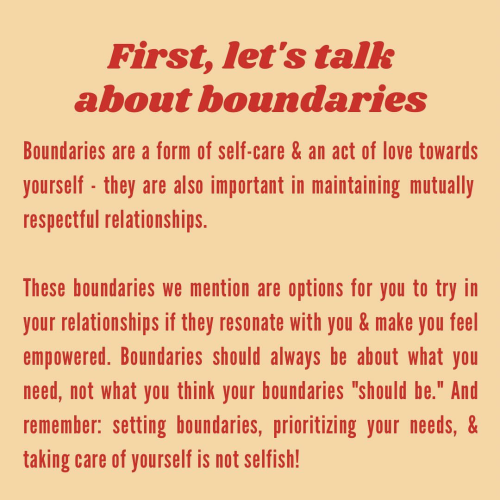







Iamempwr on Instagram

Russia’s ethnic archipelagos
❗️Now that Christmas has rolled around I have an important reminder❗️ as popular and cute as they may appear do not buy your kids these as a present this year‼️‼️

GOITER SPONGES ARE NOT A TOY!

GOITER SPONGES ARE NOT AN “entry level” PET!! They are a 10,000 year commitment!!
We don't need no stinkin stunt doubles
🇺🇦🌾At the entrance to the memorial park in Kiev, there is a sculpture of an extremely thin girl with a very sad look holding a handful of wheat ears in her hands. Behind her back is the Candle of Remembrance, a monument with details reminiscent of authentic embroidery that can be found on traditional Ukrainian costumes. This is a monument that commemorates a historical event known as the Holodomor.

What is the Holodomor?
☭ After the end of the First World War, Ukraine was an independent state, but in 1919 the Soviet Union "sucked" it into the community of Soviet states. The Ukrainians, who even then considered themselves a Central European people like the Poles and not an Eastern European like the Russians, tried to restore Ukraine's independence.
🥖 In 1932, not wanting to lose control of Europe's main granary, Stalin resorted to one of the most heinous forms of terror against one nation. In the process of nationalization, he took away the grain-producing land from the Ukrainian peasants, but also all its offerings, thus creating an artificial famine. The goal was to "teach Ukrainians to be smart" so that they would no longer oppose official Moscow. Thus the people who produced the most grain in Europe were left without a crumb of bread. The peak of the Holodomor was in the spring of 1933. In Ukraine at that time, 17 people died of hunger every minute, more than 1,000 every hour, and almost 24,500 every day! People were literally starving to death in the streets.
🇷🇺 Stalin settled the Russian population in the emptied Ukrainian villages. During the next census, there was a large shortage of population. Therefore, the Soviet government annulled the census, destroyed the census documents, and the enumerators were shot or sent to the gulag, in order to completely hide the truth. world war. Their poison gas was hunger. Their Hitler was Stalin. Their Holocaust was the Holodomor. For them, fascist Berlin was Soviet Moscow, and their concentration camp was the Soviet Union. Today, 28 countries around the world present the Holodomor as genocide against Ukrainians, which you could not learn about in school, because almost all evidence was destroyed and victims were covered up for decades, survivors were forcibly silenced by not having the right to vote until recently.
The Holodomor at that time broke the Ukrainian resistance, but it made the desire for Ukraine's independence from Russia eternal.
First day at work 😱
Source